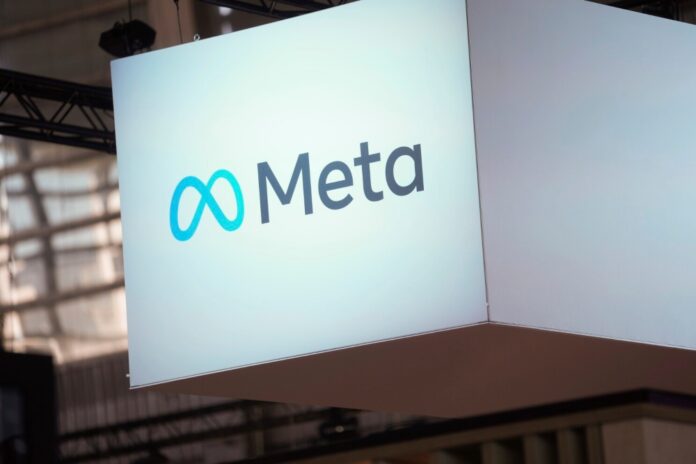Meta Platforms, parent of Facebook and Instagram, announced it will start training its AI models using users’ public posts and AI chat interactions in the European Union. The decision follows just a month after Meta finally rolled out its AI features to Europe, close to a year after the original announcement, after being held back by strict EU data privacy regulations.
Public, Not Private — And Adults Only
The AI training data will comprise public content posted by adults — like posts, comments, and questions users pose to Meta AI, according to Meta. Crucially, private messages and any user data below the age of 18 will still be off-limits. The company highlighted that it will inform users of the data usage policy and provide them with the opportunity to opt out through an online form.
The AI systems would be taught to understand language, context, and user intent more effectively, in a bid to make Meta’s AI assistants more helpful and accurate across platforms.
Read More: Best Mutual Funds in Pakistan: Top Picks for 2025
Rollout Delayed Following Regulatory Scrutiny
Meta had initially intended to roll out its AI products throughout the EU in June 2024 but was compelled to hold back following Ireland’s Data Protection Commission (DPC) raising issues of user consent and data protection. Ireland is an important location as Meta’s European headquarters are located there, thus, making its regulatory rulings pivotal.
The overseer called on Meta to delay any plans to collect data until greater transparency and mechanisms for user opt-out existed. That delay came amid pressure from privacy interest groups such as NOYB (None of Your Business), who contended that scraping users’ content without explicit permission may infringe the General Data Protection Regulation (GDPR).
Not Just Meta Under the Microscope
Meta is not the only big tech company in the limelight. Elon Musk’s platform X (previously Twitter) is also being probed by the Irish DPC for the same data usage practices regarding its AI system, Grok. Google is also being probed for whether it adequately protected user data before passing it on to its AI models.

The heightened regulatory interest mirrors wider conflicts between digital rights and tech innovation. While AI research is built on massive datasets, European authorities are not willing to see user privacy as a casualty.
As Meta proceeds with its AI training in Europe, it must grapple with reconciling technological progress with legal and moral transparency — a challenge that all international tech titans will need to meet.
Stay tuned to Brandsynario for latest news and updates











































